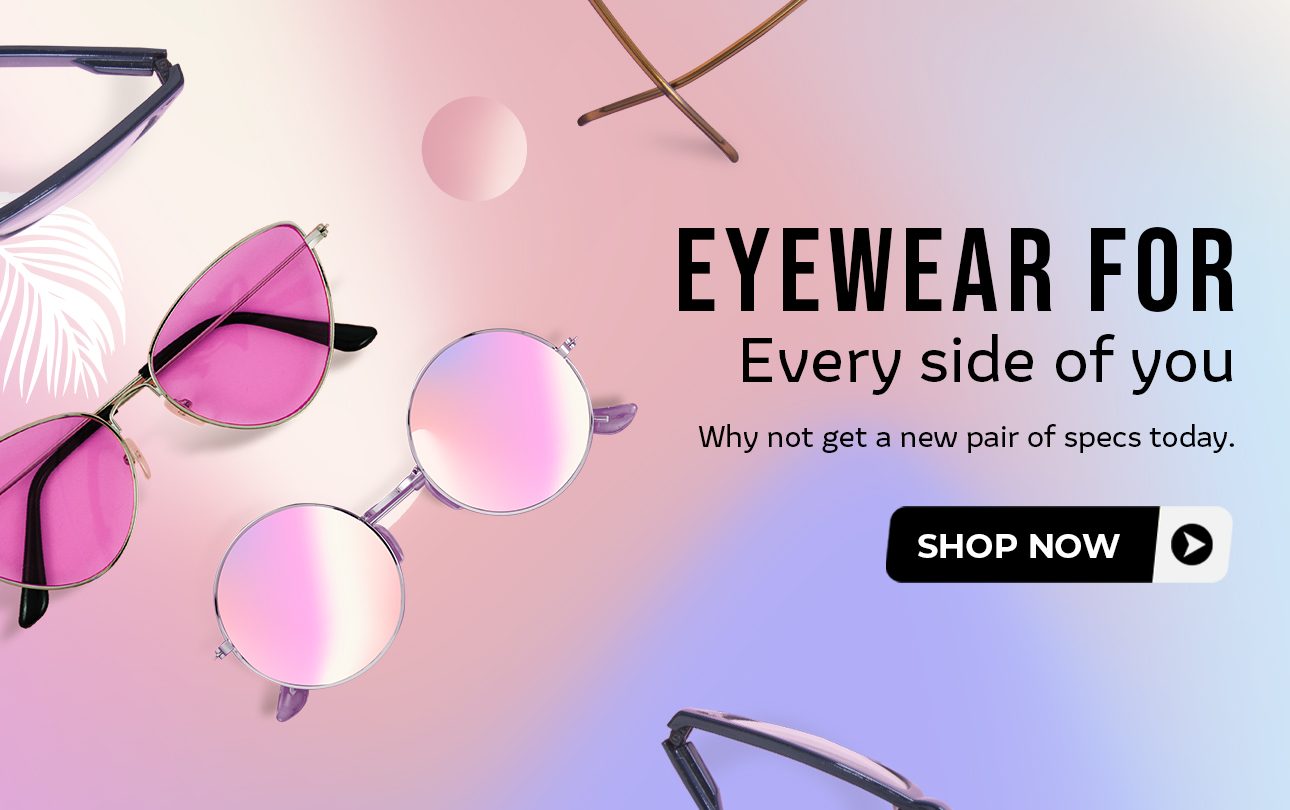The world of personal health is complex, and navigating it can be overwhelming. When the privacy concerns are on the debate table, then complex analysis looms large. We have developed a habit of trusting our pharmacies with incredibly sensitive information, assuming it will remain confidential.
But what if you learn that your prescription history, which you would think is seemingly secure, might be circulating among certain third parties? Well, don’t think it to be a conspiracy theory, because it is a practice rooted in intricate HIPAA loopholes as well as the lucrative business of health data.
I began my journey into understanding pharmacy data privacy in the USA after I encountered a peculiar series of targeted advertisements. Suddenly, the ads for medications and conditions that can be discussed only with a doctor or for which prescriptions can be filed came to my notice. The ad felt deeply unsettling, a digital echo of my most personal health details. Many shared this experience that sparked my investigation into the often-opaque world of prescription data sales.
How is prescription data de-identified and sold in the USA?
Often, the first step in the process is de-identification. The pharmacies, or the data aggregators they are working with, remove the direct identifiers like your name, address, and social security number. A rich dataset containing information such as the drug prescribed, dosage, and prescribing physician (often de-identified but only identifiable by a specific ID), and sometimes the geographic locations down to the ZIP code. Then this de-identifiable data is bundled and sold. It is to say it is a goldmine for big pharma data mining, market research firms, as well as the insurance companies.
Better to put it this way: your personal mosaic of health information is disassembled carefully, its individual titles scattered among the thousands of similar ones, and after that, it is again reassembled into patterns revealing the trends without directly pointing to you. However, the effectiveness of this de-identification continues to be a constant debate.
According to the repeated findings of the researchers, it is possible to re-identify the “anonymized” data with alarming ease, particularly when combined with other publicly available datasets. Here is where the ethical tightrope walk of pharmacy data privacy in the USA truly starts.

How do U.S pharmacies and health data brokers profit from anonymized prescription data?
This industry records substantial profit margins. Often, the pharmacies that are facing tight margins on prescription sales alone are capable of generating significant revenue by selling their data. Now this revenue stream helps to offset operational costs while contributing to their bottom line. Acting as intermediaries, the health data brokers collect data from numerous pharmacies and other healthcare providers.
They enrich the data and sell to various clients who are pharmaceutical companies, aiming to understand the market share and identify the prescribing patterns, while tailoring marketing strategies. Even the data is useful to the insurance companies for risk assessment and developing new products. It is a multi-billion-dollar, insights-driven industry; insights gleaned from your health information.
It has become incredibly valuable for the sheer volume of prescription data sales. Taking, for instance, a major pharmacy chain might sell access to millions of patient records (also the de-identified ones) in exchange for substantial fees, fueling the engine of big pharma data mining.
What HIPAA exceptions allow pharmacies to sell prescription data in the USA?
The roleplay of HIPAA loopholes finally comes into play. The significance of HIPAA, the Health Insurance Portability and Accountability Act, is protecting patient privacy. However, it has provisions allowing the covered entities, like the pharmacies, to use and disclose the protected health information for the purpose of “treatment, payment, and healthcare operations”. No need for patient authorization.
Furthermore, HIPAA has permitted the de-identified data for research and public health activities, since it is no longer regarded as protected health information. The argument is that once the data is de-identified, it falls outside the direct scope of HIPAA’s strictest privacy protections. With this interpretation, a broad pathway for the prescription data sales industry is welcome to flourish. Thus, the customers are often left unaware of how their information is being used. Often, the spirit of patient privacy enforcement feels secondary to these operational exemptions.
Is the sale of anonymized prescription data ethical if it can be re-identified?
I feel strongly about this point as it is the crux of the ethical dilemma. Speaking from a personal viewpoint, data fails to become truly anonymous if it can be re-identified. The potential for re-identification, even if it can be statistically low, poses a significant threat to pharmacy data privacy in the USA. It indicates the delicate balance between public health research and individual privacy, often being tipped in favor of commercial interests.
From my own experience with targeted ads, this concern is reinforced. It feels like an invasion when a company is deducing personal methods are truly infallible, the sale of such data without explicit, informed consent from patients crosses an ethical line. There is an ardent need for stronger patient privacy enforcement to address this.

What are the new federal policies that could close pharmacy data loopholes in the United States?
A multi-pronged approach is much needed to close these HIPAA loopholes. First, stricter definitions and enforcements around what truly constitutes “de-identified” data are needed, perhaps even implementing higher standards for data as used in commercial contexts.
Secondly, the policies might mandate more explicit, opt-in consent mechanisms for any sort of prescription data sale, including for de-identified information. Patients need to have the right to know and approve how their health information is being monetized.
A success story delivered from this realm means increased transparency from the pharmacies themselves. They can detail their data-sharing practices in easily understandable terms. Imagine this future. You are receiving a clear, concise explanation of how your data might be used, while you are also having a clear, concise explanation of how data could be used. In fact, you have a straightforward option to opt out.
This policy shift, combined with robust patient privacy enforcement and stricter regulations on US pharmacy data brokers, makes a solution to empower consumers and significantly boost health data sharing privacy. This is far likely to move beyond mere compliance with the current regulations into a realm of genuine ethical responsibilities for big pharma data mining.
To be brief, because of HIPAA loopholes, the USA pharmacies are at an advantage in selling de-identified prescription data to third parties, which makes it more profitable to the multi-billion dollar industry for every health data broker as well as Big Pharma. It raises serious ethical concerns regarding re-identification and patient privacy. That is why stricter federal policies and transparency are needed.
Coming to the end,
The current picture of pharmacy data privacy in the USA is believed to be complex. Here, the convenience of modern healthcare is intersecting with the intricate business of information. Though prescription data commercialization is offering undeniable benefits of research and drug development, it bears a significant cost to individual privacy. According to my personal experience, which also involved understanding the system in-depth, I have come up with a solidified opinion: There is more need than only the technical solutions.
The dire need is a fundamental shift in ethical approach and a commitment to stronger patient privacy enforcement. The time has now come to advocate for policies prioritizing the individual’s right to privacy over the unrestricted commercial interests of US pharmacy data brokers and big pharma data mining. Our health data should not be treated just as a commodity because it is a fundamental part of our personal identity and deserves the highest protection level.

Rayan works closely with Eastpoint Digital, a reputed content marketing agency in California. He is dynamic in promoting and publishing blogs across various sites, focusing on generating quality backlinks to boost online visibility.














